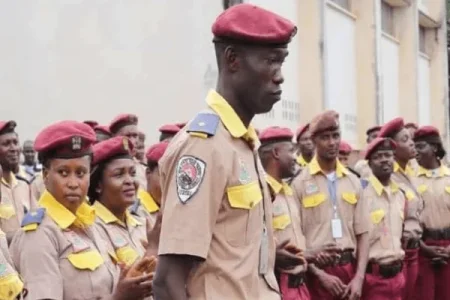
The killing of 17-year-old Kehinde Alade by a stray bullet during a traffic stop in Ibadan has taken a contentious turn, with OYRTMA officials branding his father a "serial traffic offender," shifting scrutiny from police accountability to the victim’s family. Amid outrage, the question lingers: Was this tragedy preventable, or a symptom of systemic enforcement failures?
- A Deadly Chase: Kehinde was fatally shot when police and OYRTMA operatives pursued his father’s car for an alleged traffic violation in Gbagi, Ibadan.
- Father’s Record: OYRTMA claims Odunayo Alade was fined ₦15,000 days earlier for "wrongful parking," calling him "recalcitrant"—a detail critics say deflects blame.
- Police Probe Stalls: The Oyo CP says Alade’s delayed statement is the "only factor" holding up the investigation, though the shooter’s account is already documented.
- Pattern of Aggression: OYRTMA cites 8 assaults on staff this year, justifying police backup, but no explanation for live bullets in a traffic stop.
For now, a family buries a son, a corporal faces scrutiny, and Oyo residents wonder who’s truly accountable when routine stops turn fatal.
Should traffic enforcement ever involve armed officers? Where should Nigeria draw the line?



